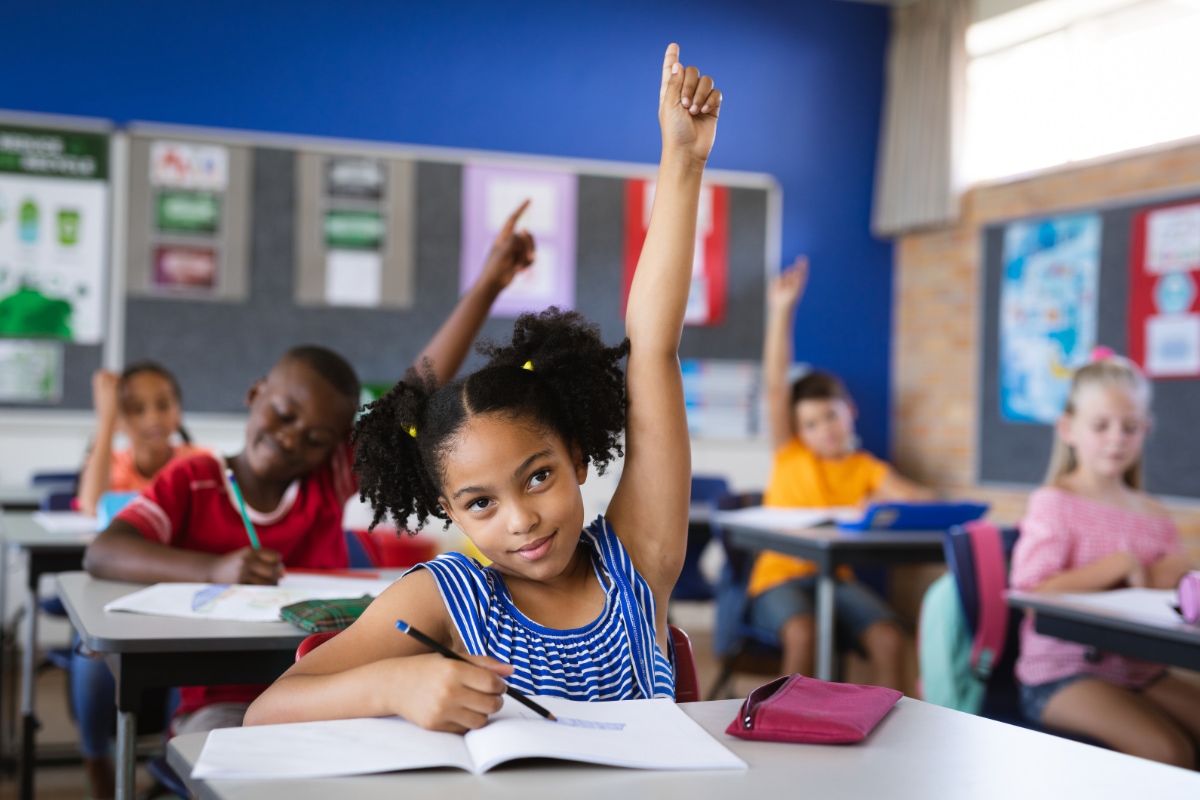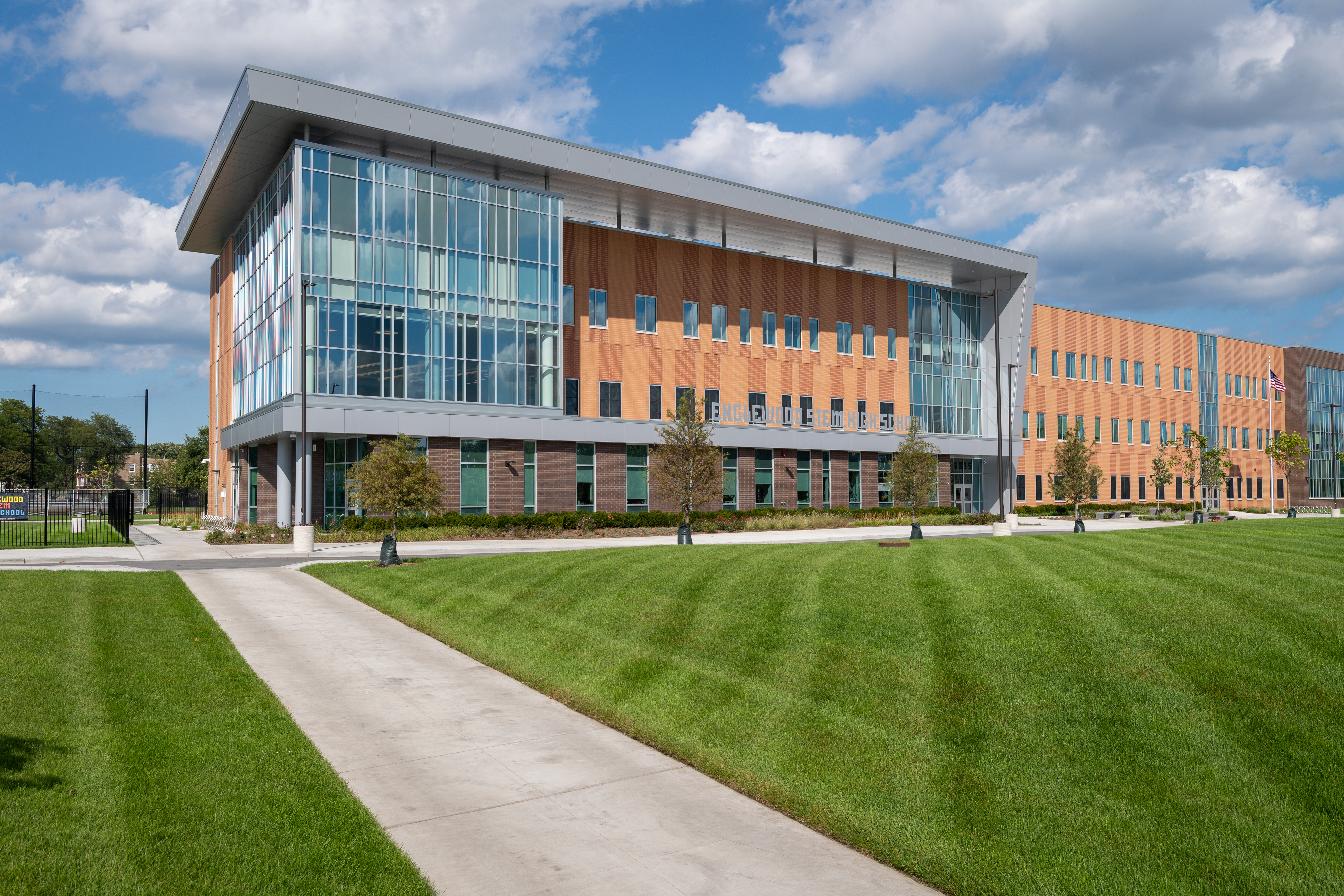Why It's Essential to Rally With Each Other to Save Temecula Schools
Wiki Article
The Impact of Institution Environments on Academic Success and Personal Health
The school setting significantly influences both academic success and individual health, including elements such as physical layout, classroom environment, and interpersonal characteristics. The layout of educational spaces, including natural lighting and ergonomic furniture, can enhance students' concentration and convenience. The quality of teacher-student connections and the nature of peer interactions play critical duties in cultivating an environment helpful to discovering and emotional assistance. Comprehending just how these various aspects interplay to form student end results elevates essential concerns about optimizing instructional settings for alternative development. Exactly how can institutions purposefully enhance these aspects to better support their pupils?Physical Format and Style
Just how does the physical format and layout of a college influence scholastic success? The setup and visual of a college environment can substantially affect trainees' understanding outcomes.All-natural lights and reliable air flow systems are crucial in boosting cognitive function and minimizing absence. Research studies have shown that classrooms with ample natural light boost trainee focus and minimize feelings of drowsiness. Ergonomic furniture tailored to pupils' requirements can protect against physical pain, allowing for long term emphasis and interaction in academic tasks.
Accessibility to outside areas and cosmetically pleasing surroundings additionally play a vital duty - Save Temecula Schools. Eco-friendly areas and well-kept school premises provide possibilities for exercise and psychological relaxation, both of which are essential for maintaining high degrees of academic performance. Basically, a thoughtfully made physical environment can act as a driver for scholastic quality, fostering an environment that sustains both training and discovering
Classroom Ambience
A positive class atmosphere is basic to accomplishing scholastic success. An atmosphere that fosters a feeling of security, inclusivity, and mutual respect urges pupils to involve even more actively in their learning processes. The setting of a classroom, including aspects such as illumination, noise levels, and seating setups, can substantially influence pupil concentration and inspiration. A well-ventilated, well-lit class with marginal distractions can boost cognitive function and lower stress and anxiety, thereby promoting much better academic outcomes.Additionally, the classroom ambience need to support a culture of collaboration and open interaction. When pupils feel comfy revealing their ideas and asking inquiries, they are most likely to involve deeply with the product and develop essential believing skills - Save Temecula Schools. Peer interactions and team activities can improve discovering by supplying varied perspectives and fostering teamwork
Additionally, developing clear assumptions and regular regimens can create a structured environment that permits trainees to concentrate on their research studies. By decreasing uncertainty and offering a foreseeable structure, pupils can better handle their time and obligations. Ultimately, a positive class atmosphere not just enhances scholastic efficiency yet likewise adds to the general well-being of pupils, preparing them for future educational and individual undertakings.
Teacher-Student Relationships
Building on the relevance of a favorable classroom ambience, the connections in between trainees and educators play a crucial function in forming academic success. A healthy and balanced teacher-student partnership promotes a learning environment where pupils really feel valued, recognized, and supported, which dramatically improves their motivation and involvement. When trainees perceive their instructors as empathetic and friendly, they are more probable to get involved actively in course and look for help when required, adding to a much deeper understanding of the subject matter.
Efficient interaction is key to supporting these connections. Educators who employ open, respectful, and consistent communication create a structure of trust fund. This count on makes it possible for trainees to express their worries and concepts freely, promoting a collective knowing setting. Basically, strong teacher-student relationships are a keystone of educational success, playing an essential function in both academic accomplishment and click this link personal growth.
Peer Interactions
Peer interactions significantly influence scholastic success by shaping a pupil's cognitive and social advancement. Favorable peer interactions can improve a trainee's Resources inspiration and interaction in scholastic activities through joint understanding and common assistance.
Efficient peer interactions also add to the growth of crucial life skills, such as conflict, teamwork, and communication resolution. These social proficiencies are vital for both academic success and personal well-being, emphasizing the significance of cultivating positive peer dynamics within the school atmosphere.
Extracurricular Tasks
Involving in after-school activities plays a crucial duty in a student's scholastic success and personal advancement. These tasks, varying from sporting activities teams to dispute clubs, use trainees opportunities to hone useful skills such as management, time administration, and synergy. Study consistently indicates that trainees that take part in after-school activities have a tendency to accomplish greater scholastic performance. This correlation is typically connected to the structured environment and the technique required to balance both extracurricular and academic commitments.Moreover, extracurricular participation promotes a feeling of belonging and neighborhood, which is necessary for individual well-being. Getting involved in team activities permits students to develop and strengthen social media networks, improving their social and psychological intelligence. These interactions are important for establishing social abilities that are useful in both future and academic specialist environments.
Additionally, extracurricular activities give a positive outlet for trainees to explore their rate of interests and interests beyond the common curriculum. This exploration can cause the exploration of brand-new talents and possible occupation paths, better encouraging students to engage more deeply in their scholastic job. Finally, the role of extracurricular activities prolongs beyond simple entertainment; they are integral to promoting a holistic instructional this link experience that promotes both scholastic success and personal development.
Conclusion
Attentively designed physical designs and class, along with favorable teacher-student relationships and useful peer communications, significantly boost pupil inspiration and interaction. These components jointly highlight the importance of creating and preserving optimal school settings for the advantage of pupils' scholastic and personal development.Inevitably, a positive class environment not just improves scholastic efficiency but likewise adds to the total well-being of students, preparing them for future educational and personal endeavors.

Report this wiki page